A young man in a hoodie casually strolls into IQRA’ Book Center on Devon Avenue asking about leather stockings. Tariq Khan, the assistant manager, sets down his pricing gun and jumps into action, grabbing sizes and chatting up the bearded customer.
Shaban Beharovic, a 32-year-old West Rogers Park resident, is looking for some traditional Islamic clothing, and Khan grabs different colored thobes, long Islamic robes for men, in his size. He causally chats with Beharovic as he helps him pick out the right size because he said, “I’m talkative, I just like talking with customers,” the long-time salesman said.
Tucked along Devon Avenue, among Sari shops, Halal grocers, Indo-Pakistani restaurants and storefronts belonging mostly to Southeast Asian immigrants, are several distinct bookstores, similar to IQRA’.
They all offer the West Rogers Park and Chicago communities something different: literature in Urdu.
Although owners and employees cited concerns about how they stay viable in an economy that continues to struggle: slowed business, youth disinterested in preserving the Urdu language or print literature and increasing competition from online bookstores, each store felt they offered something unique to the Pakistani community. The bookstores have literature and resources for every language level, which is meaningful to every generation of migrants.
There are approximately 5,163 Pakistanis in Chicago who identify themselves as only Pakistani, according to census data from fact finder. This makes the Pakistani population the second highest among South Central Asian countries, after India. This data does not include illegal residents or visa holders.
Cook County is one of three counties across the United States with the largest growth of foreign-born Pakistani migrants in 2000, according to the Migration Policy Institute.
Pakistan is considered part of South Central Asia region, which accounts for more than 30,000 Chicago residents, according to the latest census data from 2010.
And about 93.6 percent of South Central Asians speak a language other than English and only 6.4 percent speak English only, according to those same statistics.
So, the need for Urdu literature and language instruction is increasingly important, for both Urdu speakers and English-only speakers.
Of the several Devon Avenue bookstores, two are strictly retail trade and the other two are a combination of wholesale and retail trade. According to 2010 census data, a small portion of the South Central Asian population works in retail or wholesale trade. The largest numbers of the workforce are in the educational, healthcare and social assistance industry: nearly 30 percent.
Most live in the neighborhood along Devon Avenue, known as “Little India and Pakistan” that stretches just beyond California Avenue to North Ravenswood Avenue, said Amie Zander, executive director of the West Ridge Chamber of Commerce on Devon Avenue. But, many more have integrated and moved suburbs north and west of the city, including Skokie and Evanston.
Although the bookstores largely serve the Chicagoland community, some people travel far – from the suburbs and out of state even – to access the resources the community provides, said Zander.

She said one of her No. 1 inquiries at the chamber in the West Rogers Park neighborhood was about books.
“Bookstores are most popular among people not from the community and outside the demographic,” she said. “Most people want to learn more about cultures and religions.”
Naseem Sarwar, a first generation Pakistani immigrant, opened his bookstore Kitab Ghar off Devon Avenue and Oakley Street 12 years ago with his wife Ajaz Nasreen to help preserve his Urdu language and his Pakistani identity.
Sarwar and his wife come from a long line of journalists, they said, so opening a bookstore was second nature. If they didn’t have the bookstore, he said with a furrowed brow, they’d be in a nursing home – something that neither of them wants.
Business isn’t always profitable because “people don’t have the money to buy books,” Sarwar said. But, it isn’t about the money; it’s about providing a service to his Pakistani community.
As for competition, he said, “There are other bookstores also, but they belong to religious books.”
Kitab Ghar is not the only bookstore that struggles during the week, but, as with other bookstores, they get more business on the weekends when people travel into town from the suburbs.
Zander said that the neighborhood is unique in that it offers a shopping section entirely committed to Indian and Pakistani culture – something that few other major cities have.

Nirupma Sharma, co-owner of India Book House on Devon Avenue, said she also felt were down because “technology is killing business”, but the store stays viable by offering books and newspapers in multiple languages, decorations, gifts, clothing CDs, DVDs and more. Although the bookstore chiefly offers books in national languages of India, the store offers some literature in Urdu to expand their audience, she said.
Sharma also said she felt older, first generation migrants were chief among people buying literature in Urdu, Gujarati or other Southeast Asian languages – not younger generations.
“I don’t think the younger generation is too much into it because … they speak English and they don’t have the habit of reading,” she said. “I think they are moving away from all of this.”
IQRA’ Book Center, the retail business affiliated with IQRA’ International Educational Foundation which also promotes education about Islam, works to combat this decrease in spoken Urdu and other native languages by offering language for any level of proficiency.
While Kitab Ghar and India Book House offer religious and cultural material, two other bookstores affiliated with larger organizations that help fund them, including IQRA’ Book Center, emphasize education about Islam.
Islamic Books and Things, a brick and mortar site for the international educational foundation Sound Vision, offers books to help educate Chicagoans about Islam, said Aboobakar Durvesh, the store’s manager.
“We try to teach the Muslim kids in America especially values that they should stick to and how to be a good citizen, working hard and successful in their life, and be a good contributor to the community,” said Durvesh, a first generation Pakistani immigrant from Karachi, about his store.
But, there is one critical challenge the bookstore faces.
“The cost of running any venture is more when we have less margin of profit and they’re not mostly consumables,” Durvesh said. “These are not the items that people usually take home except the people that are very religious.”

When it is your duty as a Muslim to spread the message of Islam, however, you have to make sacrifices, he said.
Back at IQRA’, Khan continues to work on his last shipment. The bookstore is also part of a larger foundation too, but doesn’t face the same challenges, Khan said. Although there are competitors, he said that none compares to the scale and variety of items the bookstore offers.
Khan continues to restock the store and price items. He must keep on top of these duties even during slower times because the store ships throughout the nation and internationally. During the slower months of winter, he has time to catch up on these duties, in between helping customers.
Beharovic said the well-known establishment is his resource for all of his religious needs.
“People from the community know to come here,” he said.
Having a place where he can get Islamic literature in English is important for the non-Arabic speaking Muslim.
“They have something for everyone,” he said.
Beharovic approaches the counter, asking about CDs with Koranic singing. Khan happily plays one of his favorite singers for him. The two men listen silently before exchanging smiles and nodding, pleased with the Arabic singing.
“I recognize him,” Khan said after Beharovic left. “It’s good I get to know little bit about these people.”


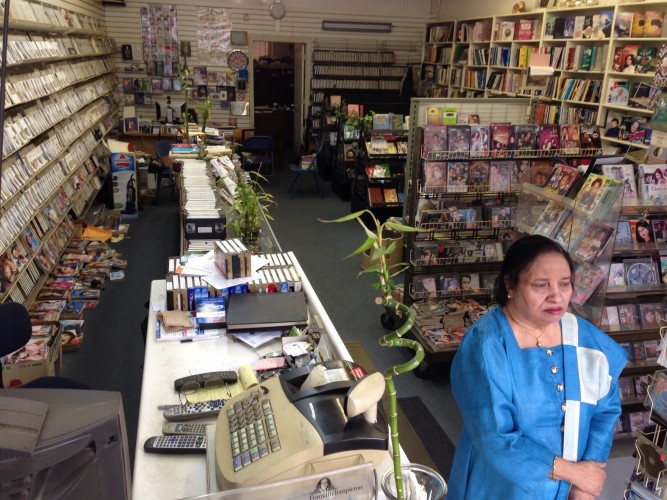






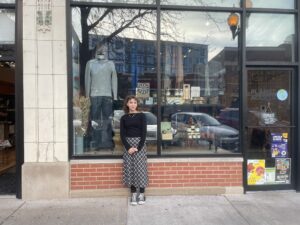

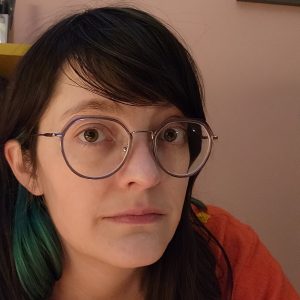
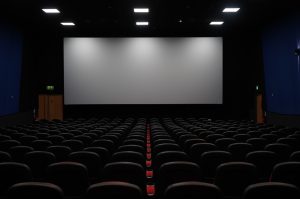

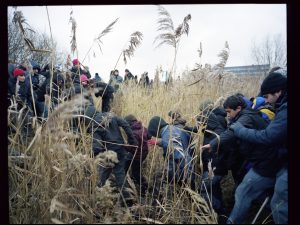

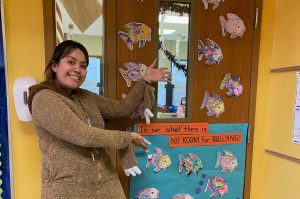
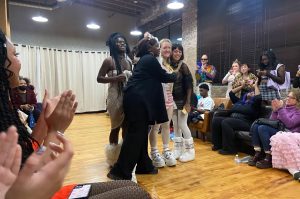
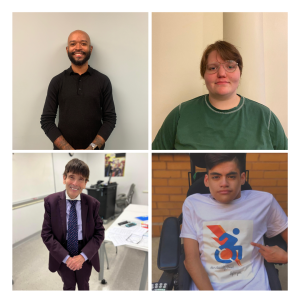
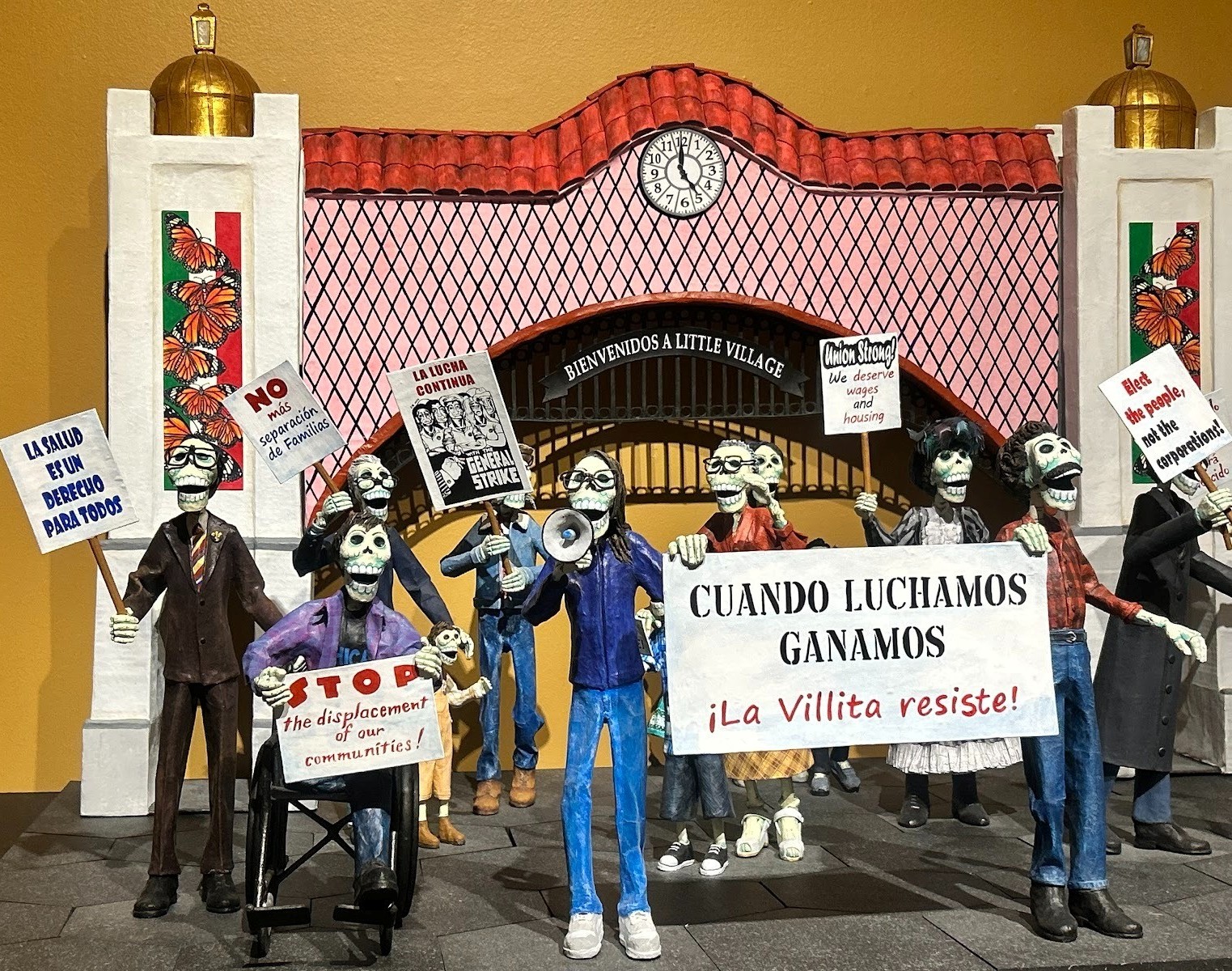


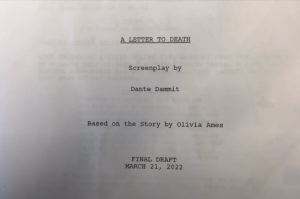
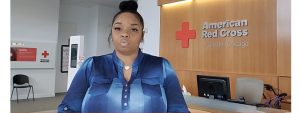
Be First to Comment